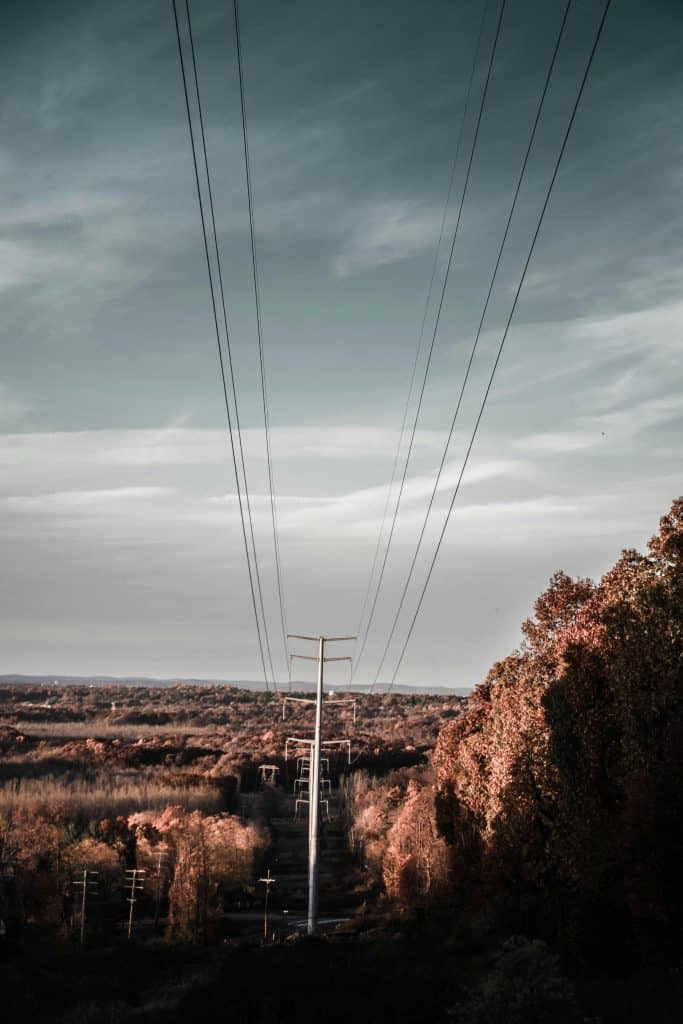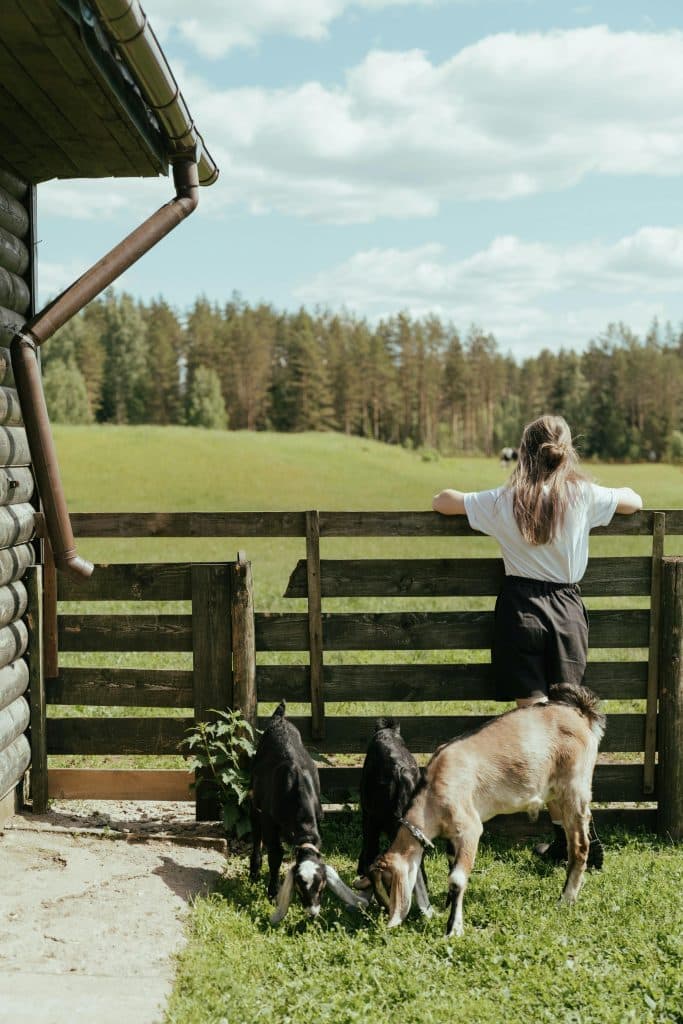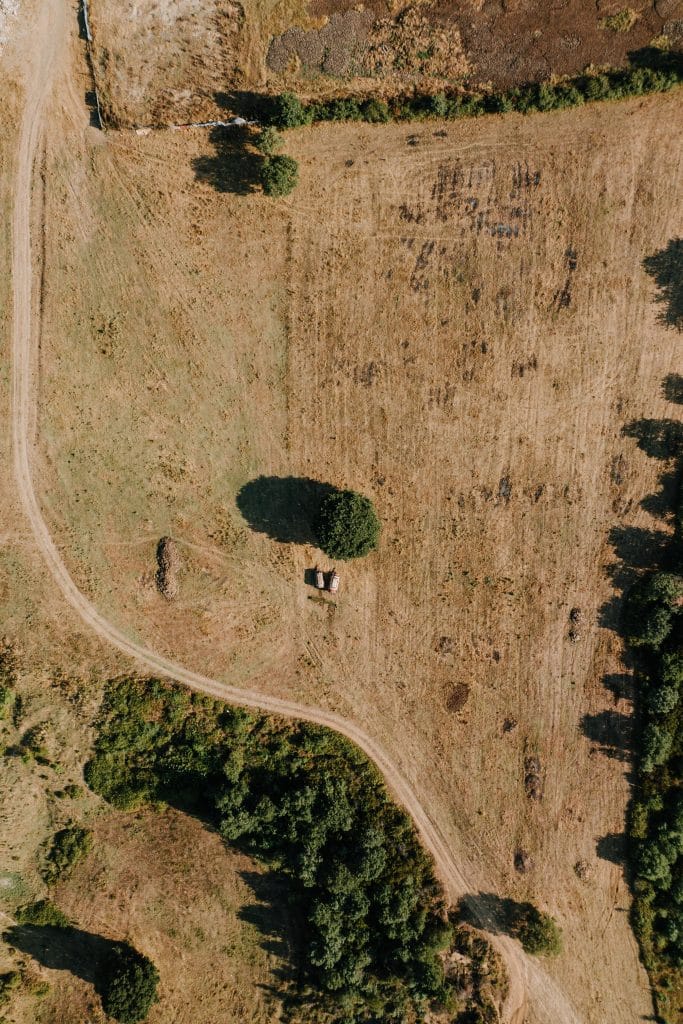There’s something undeniably romantic about owning an acreage
Escaping the urban hustle for open space, fresh air, and quiet. Acreage living offers privacy and the freedom to enjoy nature right outside your door. However, the reality of managing an acreage is vastly different from urban living and requires careful consideration before making the leap.
In the past, turnover in the acreage market was higher than in urban areas. This was often because new acreage owners, accustomed to the conveniences of city life, found the demands of rural living overwhelming. On the other hand, those who have lived on acreages or farms often move from one rural property to another and rarely return to the city.
If you’re considering making the move, several factors will help determine if acreage living is right for you.
Practical Considerations for Acreage Living
1. Increased Costs and Maintenance
Acreages require significantly more upkeep than a city home. It’s essential to consider the following costs and maintenance tasks:
- Long Driveways: Maintaining a long driveway means adding gravel periodically and investing in snow removal equipment like a tractor or snowblower.
- Private Utilities: Many acreages rely on wells, cisterns, and septic systems, which require ongoing maintenance and occasional costly repairs.
- Land Maintenance: Acreages come with expansive yards that often need a ride-on tractor for mowing, along with time and effort for fence repairs, tree care, and landscaping.
While the charm of acreage living is appealing, maintaining a rural property requires time, energy, and financial resources.

2. Utility Right of Ways and Environmental Easements
Before purchasing an acreage, it’s essential to investigate any utility right of ways or environmental easements on the property. Utility right of ways grant access to utility companies, which may limit where you can build structures or make changes to the land. Environmental easements can impose restrictions on land use to protect certain ecosystems or wildlife, which could limit your development options.
3. Shared Driveways and Easements
Some acreages share driveways or access roads with neighboring properties, introducing complexities around shared maintenance and usage. Before buying, make sure you understand any agreements regarding the upkeep of shared driveways and any costs associated with maintaining access roads. This is especially important if the property is in a remote location.

4. Compliance Septic Systems
Acreage properties often have septic systems instead of being connected to a municipal sewer system. Depending on local regulations, you may need a compliance septic system that meets environmental standards, which can be costly to install and maintain. Regular maintenance is essential to avoid problems like backups or groundwater contamination.
5. Building and Zoning Restrictions
Acreage properties may come with building restrictions that limit what can be built or expanded on the property. It’s important to understand these zoning rules upfront to ensure that you can use the land in the way you envision—whether that’s adding a workshop, garage, or additional structures.

6. Animal and Livestock Restrictions
If you’re planning on keeping animals or starting a small farm, be sure to check local regulations regarding animal and livestock restrictions. Some areas limit the number or type of animals you can keep, even in rural settings. This is particularly important for those who dream of raising livestock or having large pets on their acreage.
7. Home Business Restrictions
If you’re thinking about running a business from your home, you’ll need to review any home business restrictions that might apply to acreages in the area. Some rural properties have zoning laws that limit the types of businesses you can operate on-site. Whether you’re thinking of setting up a workshop, office, or agricultural operation, it’s important to verify the regulations before committing to the property.

Lifestyle and Family Considerations
Acreage living isn’t just about maintaining a property; it’s about how this lifestyle fits into your day-to-day routine and family dynamics. While the appeal of open space and nature is undeniable, it’s important to consider the practicalities of life on an acreage and how it might affect you and your loved ones.
1. Time and Energy: Maintaining an Acreage is a Full-Time Commitment
Life on an acreage requires significantly more time and effort than living in a typical urban or suburban setting. From mowing vast lawns to maintaining fences, trees, and outbuildings, the tasks can add up quickly, especially if you have a large property. In addition to regular lawn care, you may need to clear snow from long driveways, repair fences, or manage other ongoing upkeep tasks, like maintaining gravel driveways or ensuring your septic system functions properly.
If you’re someone who enjoys being outdoors and taking on projects, this can be a rewarding experience. However, if you’re not prepared for the physical demands or you don’t have the time to dedicate, you may need to hire help, which could add to the overall cost of ownership. Think about whether you have the energy and time to manage these ongoing responsibilities, or if you would prefer a more maintenance-free lifestyle.

2. Family Dynamics: The Impact of Rural Living on Children and Teenagers
Raising a family on an acreage can provide children with opportunities to explore nature, have space to play, and grow up in a quieter, less crowded environment. However, it’s important to consider how rural living may impact family routines, especially as your children grow older.
Teenagers, in particular, may find rural living less appealing as their social lives become more active. If they’re involved in school sports, music programs, or other extracurricular activities, the distance between your acreage and town can become a logistical challenge. Frequent trips to town for activities, events, or visiting friends can mean a lot of time on the road, not to mention the added fuel costs.
Living further away from amenities may also limit spontaneous social gatherings. Your children’s friends may prefer living in town where the “action” is, and they may feel isolated on a rural property. As your kids grow older, it’s worth considering whether they will appreciate the slower pace of country life or if they will miss the convenience of urban living.

3. Trip Planning: The Need for Organization and Efficiency
One of the biggest adjustments for people transitioning from urban living to an acreage is the distance from amenities and services. Unlike city living, where you can quickly pop to the corner store or run errands with ease, living on an acreage requires thoughtful planning and organization. A trip into town may take 20 minutes or more, depending on the location of your property, so last-minute runs for forgotten items or unexpected needs can become time-consuming.
To adapt to acreage living, you’ll need to plan your trips carefully to maximize efficiency. This means consolidating errands, stocking up on groceries, and being mindful of fuel costs, which can add up quickly when living further from town. Running out of household essentials like milk or bread means more than just a quick trip to the store—it’s a commitment to a longer drive, so you’ll need to keep track of supplies and plan accordingly.
In addition, access to emergency services or medical care may take longer in rural areas. If you have any medical concerns or require regular appointments, you’ll need to factor in the extra travel time, which can become a regular part of your routine.

4. Access to Services: Convenience vs. Self-Sufficiency
Acreage living requires a shift in mindset from convenience to self-sufficiency. While city dwellers are used to services like garbage collection, municipal water, and sewer systems, acreages often require homeowners to handle these tasks themselves. You’ll need to manage your own waste, maintain private water sources like wells or cisterns, and ensure your septic system is functioning properly.
Some acreages may also have limited access to high-speed internet or cable services, depending on the property’s location. If you work from home or rely on fast internet for streaming, gaming, or other activities, it’s crucial to verify what services are available before purchasing the property.
Self-sufficiency also applies to minor repairs and maintenance. You’ll need to be prepared for the possibility that contractors or repair services might not be readily available in rural areas, meaning you’ll need to handle some repairs yourself or be willing to wait for service professionals to travel to your location.

5. Community Engagement: Balancing Privacy with Involvement
One of the key reasons people are drawn to acreage living is the privacy it affords. With neighbors further apart and more land to spread out, you can enjoy a sense of solitude that’s difficult to achieve in the city. However, this isolation also means that you may not have the same level of spontaneous social interaction or community involvement that city life offers.
That being said, rural communities often have a strong sense of togetherness. You may be expected to get involved in local events or help neighbors when needed. It’s important to consider whether you’ll enjoy this sense of community or if you’ll prefer to keep to yourself. Additionally, if you live on a shared road or driveway, you may need to collaborate with neighbors on maintenance, snow removal, or other responsibilities, so it’s good to be prepared for some level of interaction.

The Rewards of Acreage Living
Despite the responsibilities, many people find that the freedom, privacy, and tranquility of acreage living are well worth the effort. Waking up to the sounds of nature, having room to roam, and experiencing beautiful sunrises and sunsets are just some of the rewards that draw people to rural properties. Acreages provide space for hobbies, such as gardening, keeping animals, or simply enjoying the outdoors.
Ready to Explore Acreage Life?
If you’re ready to embrace the rewards and challenges of acreage living, the real estate professionals at LorenzTeam Realty Group are here to help. With our extensive experience in buying and selling rural properties, we can guide you through every step of the process, from finding the perfect acreage to navigating the unique considerations that come with country living. Contact us today to start your journey toward owning an acreage, and let us help you make your dream of rural living a reality.


